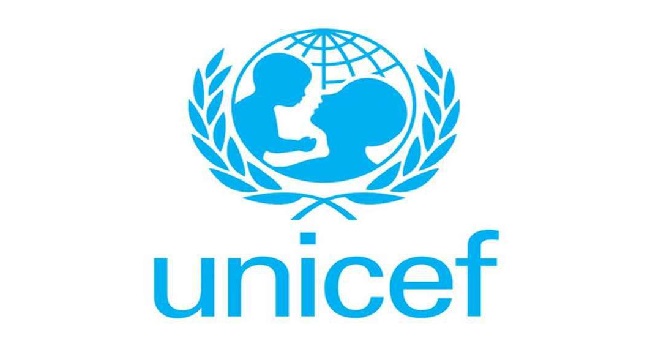News
Out-of-school children in Nigeria now 18.3m – UNICEF

The United Nations Children’s Fund (UNICEF) has lamented that discrimination against children based on ethnicity, language, and religion was rife in countries across the world.
In a new report published ahead of the 2023 World Children’s Day and seen by Ripples Nigeria on Saturday, the UNICEF Executive Director, Catherine Russell, said the denial of children’s rights showed the extent to which racism and discrimination impact their education, health, access to a registered birth, and a fair and equal justice system.
This, according to her, highlights widespread disparities among minority and ethnic groups across the world.
She said: “Systemic racism and discrimination put children at risk of deprivation and exclusion that can last a lifetime.
“This hurts us all. Protecting the rights of every child – whoever they are, wherever they come from – is the surest way to build a more peaceful, prosperous, and just world for everyone.”
Among the new findings, the report showed that children from marginalized ethnic, language, and religious groups in an analysis of 22 countries lag far behind their peers in reading skills.
Read also:UNICEF urges Buhari to rescue abducted Katsina children
On average, students aged 7-14 from the most advantaged group are more than twice as likely to have foundational reading skills than those from the least advantaged group.
The report revealed that Nigeria has 18.3 million children who are not in school, and a high number of children attending schools but not getting a solid education that can translate into good prospects for their future.
“While this crisis affects children across the country, girls, children with disabilities, children from the poorest households, street children, and children affected by displacement or emergencies are affected more.
“Discrimination and exclusion deepen intergenerational deprivation and poverty and result in poorer health, nutrition, and learning outcomes for children, a higher likelihood of incarceration, higher rates of pregnancy among adolescent girls, and lower employment rates and earnings in adulthood,” Russell added.
By Yemi Kanji
Join the conversation
Support Ripples Nigeria, hold up solutions journalism
Balanced, fearless journalism driven by data comes at huge financial costs.
As a media platform, we hold leadership accountable and will not trade the right to press freedom and free speech for a piece of cake.
If you like what we do, and are ready to uphold solutions journalism, kindly donate to the Ripples Nigeria cause.
Your support would help to ensure that citizens and institutions continue to have free access to credible and reliable information for societal development.




















